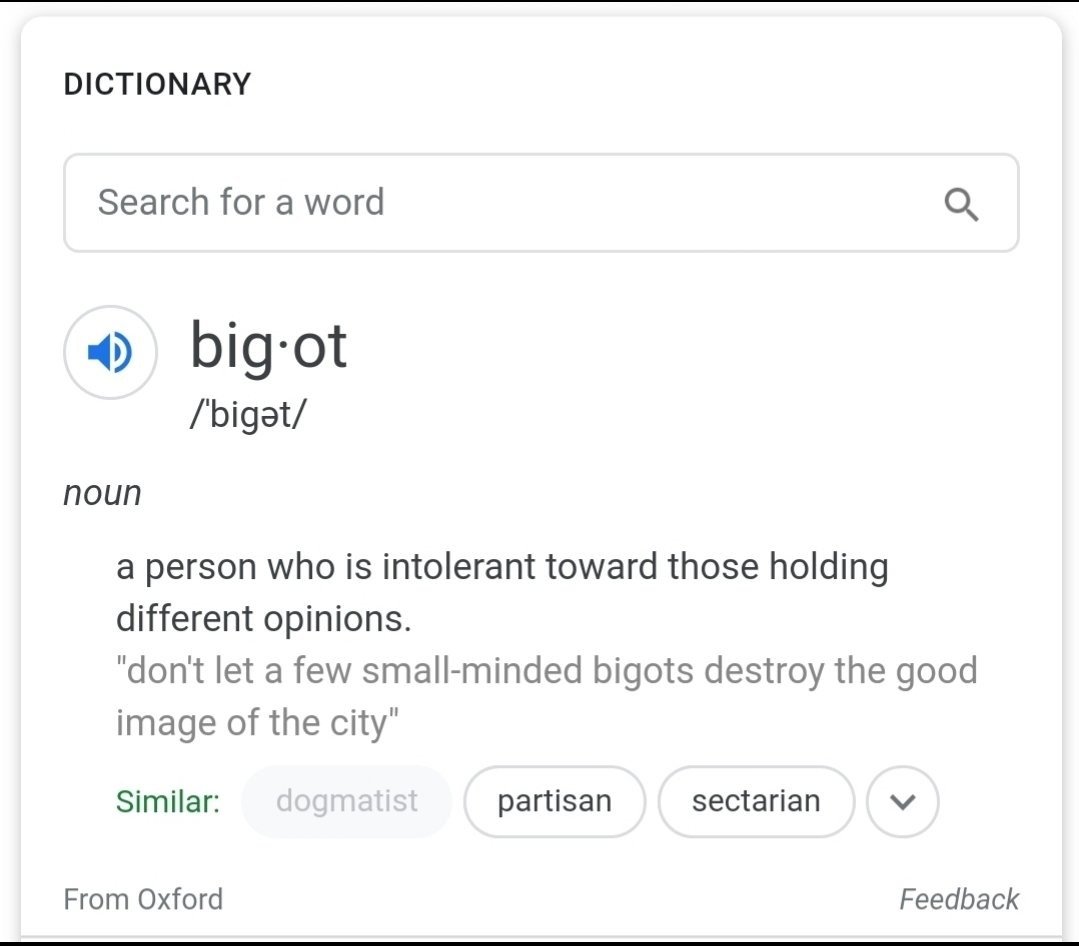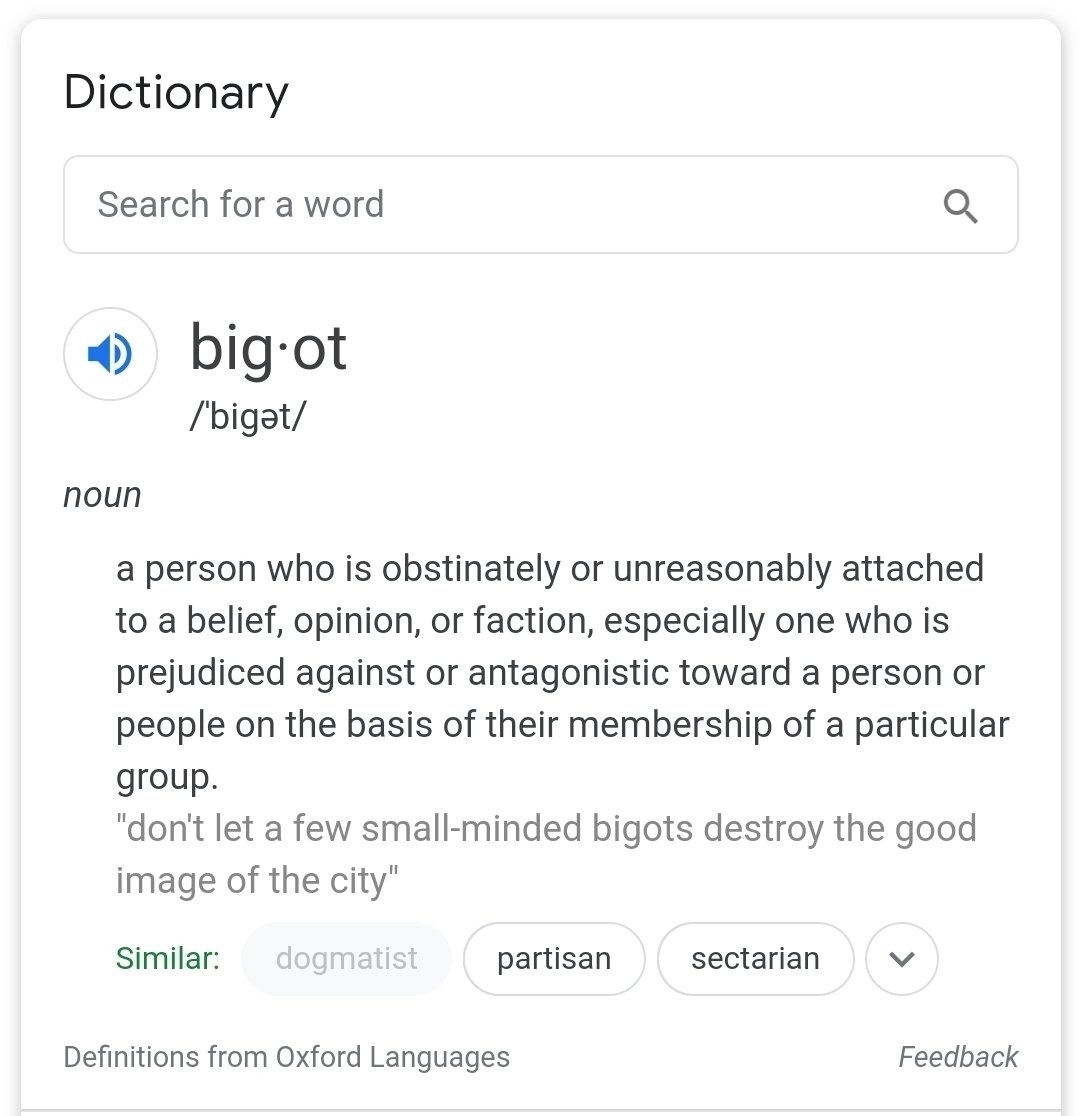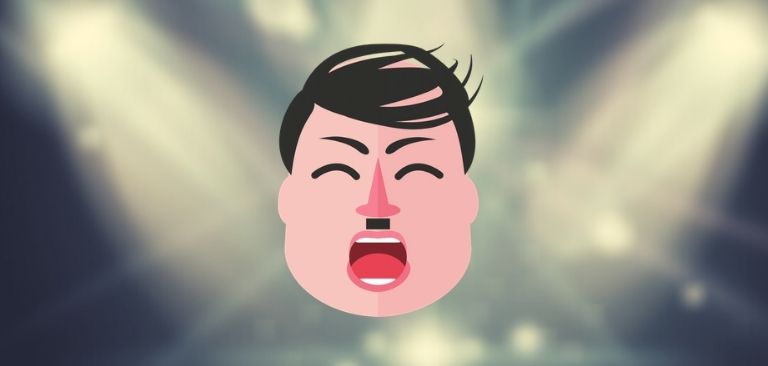The way things are going, we may soon need a new term for “Orwellian dystopia” when it comes to various manner of language distortion and manipulation we have seen of late.
It feels like the old one has been overused an no longer quite manages to vividly convey the unease and worry of being forced to witness a language moulded to fit a particular political, social or ideological narrative (like it is in “1984”) – and not through its natural, evolutionary process, but through a forced “revolution.”
We’ve seen many examples of “Orwellian language dystopia,” so for lack of a better option, we can stick with that one with the new definition of the word “bigot.”
This redefinition of the word comes from Oxford Dictionary, and Google Search, as the unofficial monopoly on “all knowledge” uses it as a prime source, chances are high that whatever the “updated” definition of “bigot” may be here, it will stick with most people. Job done.
In the past, bigot was defined as a person “intolerant towards those holding different opinions.”


But now, the definition is expanded to describe that person as “obstinately and unreasonably attached to a belief, opinion, or faction,” further cementing this by saying this is particularly true if they are “prejudiced and antagonistic toward a person or people on the basis of their membership in a particular group.”
Like the good old social media terms of use, this also looks deliberately broad and could mean a lot of things: including ostracizing as bigots people for their beliefs”
Author Chad Felix Greene first spotted this dictionary change and tweeted about it, while some of his commenters noted that this is why it’s a good idea to hold on to earlier (print) versions of dictionaries, that cannot be changed in a manner that “gaslights” users.
All things considered, it might also not be a bad idea to hold on to earlier copies of “1984” – who knows when someone might decide to “edit” this classic in order to “bring it up to the present time” – so that it isn’t such a scary reminder of our future.
Several years ago, Amazon, via Kindle, reached into people’s devices to delete the book in a fit of Big Brother panache like no other. So, anything’s possible.








